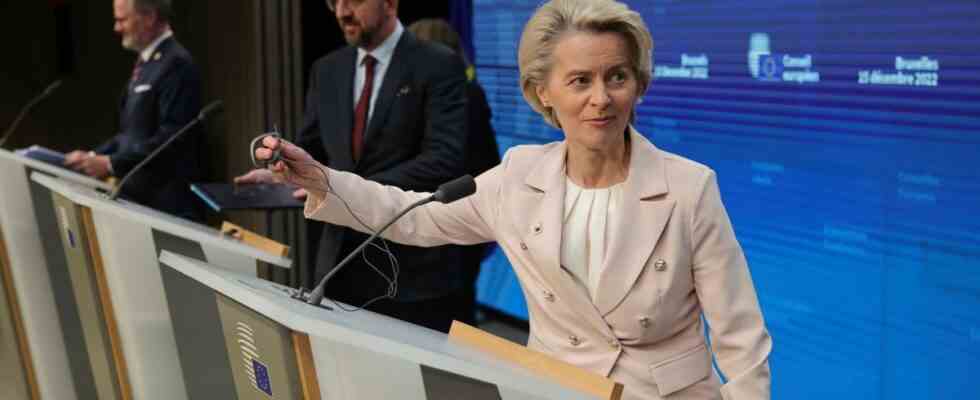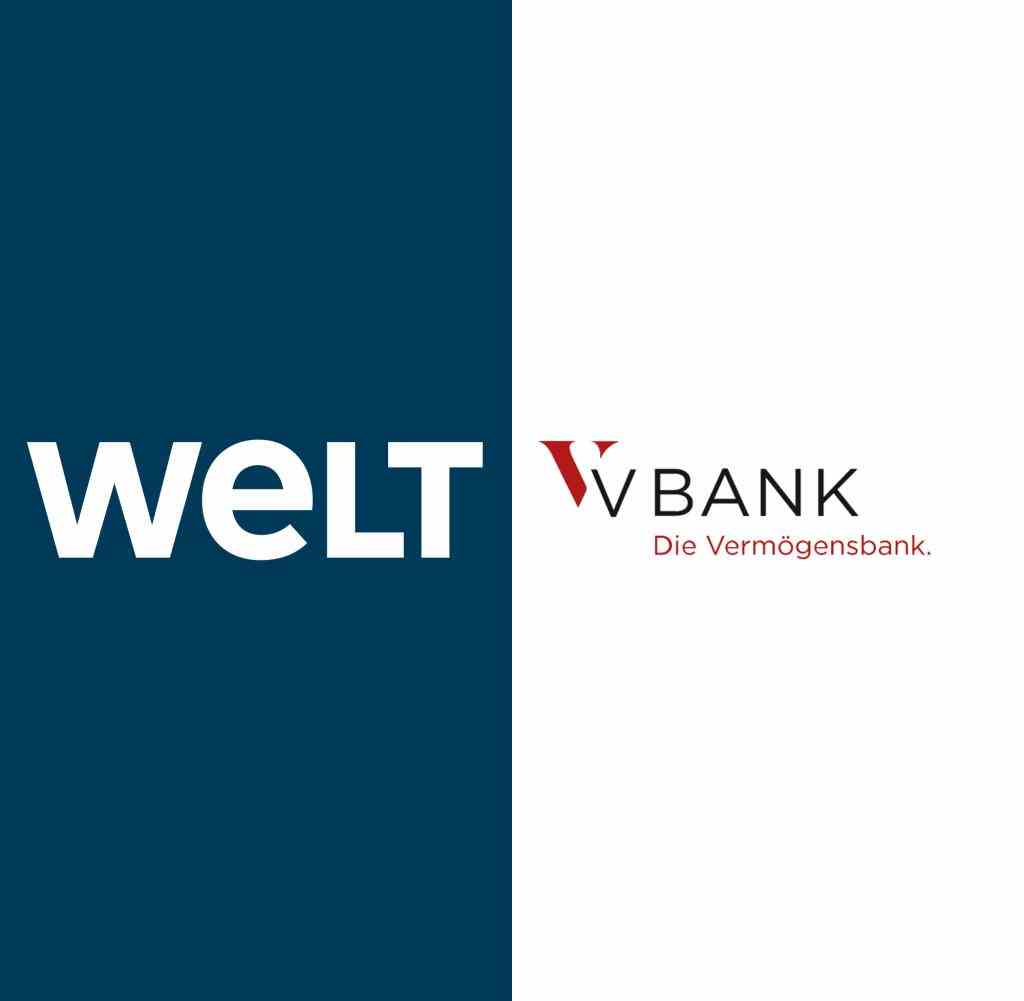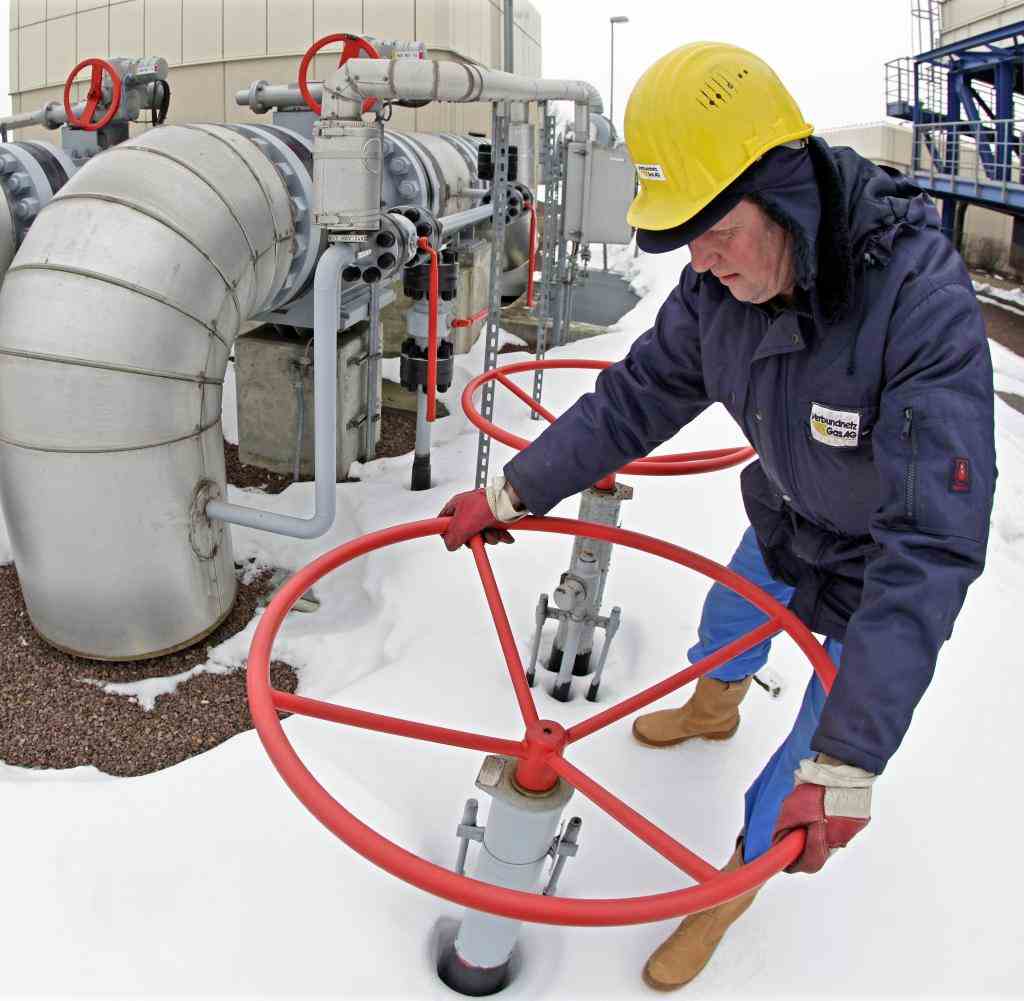Es came down to three words. On Thursday evening, the 27 heads of state and government of the European Union announced an unprecedented step after a summit in Brussels. They want to cap the price of gas. And if necessary, without the consent of Germany. The politicians’ final declaration was missing a formulation that earlier documents still contained: that the decision would be made “in a united manner”.
On Monday, the EU energy ministers are to work out the details and make the decision. A formality it seems. Above all Greece, Belgium, Poland and Italy had fought for the gas price cap. Germany resisted for months. According to the federal government, a limit would jeopardize the security of supply for the entire continent. Berlin feared that tankers with liquid gas on board could head for Asian ports in the future. So countries that don’t slow down the price and possibly more money for it raw material pay.
Europe’s most powerful politicians had to act. Because the expensive gas drives up inflation, threatens to plunge the EU into a recession. Thursday night in Brussels, over a dinner with sole fillet, the focus was on nothing less than the question of how to solve the energy crisis. How to help millions of citizens who heat with gas. The lid is now the answer. A qualified majority of member states would be enough to pass it: 15 countries with 65 percent of the EU population.
“The war has massive consequences for our economy,” said EU Commission President Ursula von der Leyen after the summit, “and that will continue next year.” A predicted gap of 30 billion cubic meters of natural gas in winter can be filled. However, energy prices remained high. It is therefore important, said von der Leyen, that the EU countries do not outbid each other when shopping.
The EU once got 40 percent of its natural gas from Russia. Today, after almost ten months of war in Ukraine, it’s still nine percent. This drastic drop is one reason prices are so high. In the summer, EUR 350 per megawatt hour was reached on the TTF wholesale platform in the Netherlands. It is currently around 115 euros per megawatt hour, still a multiple of what it was before Russia attacked Ukraine.
On Monday, the energy ministers have to clarify a key issue
The cap is unlikely to hit Vladimir Putin, as Russia imports too little gas into the EU. Something else, however, could harm the country: On the fringes of the summit, the ambassadors of the 27 EU countries agreed on another package of sanctions, the ninth since the beginning of the war. Almost 200 Russian companies and citizens, said EU diplomats, would be subject to asset and entry bans.
What is the next step now? On Monday, the EU energy ministers have to clarify a central question: how high the gas price cap should be. The Commission had proposed 275 euros per megawatt hour last month. Too much, found the heads of state and government on Thursday. They talked about a much lower limit at the summit. There was talk of 160 to 220 euros. The German government, said a diplomat, had signaled that it was willing to pay 180 euros.
It looks as if Berlin is going along with it, despite all misgivings. After the summit, Chancellor Olaf Scholz simply said that he did not want the price cap to be too low so that Europe’s gas supply would not be endangered. He also relies on the fact that the limit is ultimately unnecessary. “The price cap will be so high,” explained Scholz, “that I hope it never becomes relevant.” Resistance looks different.
The concerns of the federal government are understandable. Trading in gas as a raw material is a global zero-sum game: what Europe buys is missing in Asia. Liquid gas or “Liquefied Natural Gas”, as it is called in the industry, LNG for short, is very popular there. The world’s largest importers are China, Japan and South Korea. They compete with the EU for the LNG, which comes from Australia, Qatar and the USA. In their final declaration, the 27 European heads of state and government therefore emphasized that it was important to conclude “long-term contracts” with “reliable partners”.
And there is another problem: Intercontinental Exchange, ICE for short, the American company that operates the gas exchange TTF, is threatening to withdraw from the Netherlands if Europe actually introduces the cap. “All options” must now be examined, ICE wrote in a memo to EU politicians. It seems unlikely, however, that they will be deterred from doing so.



